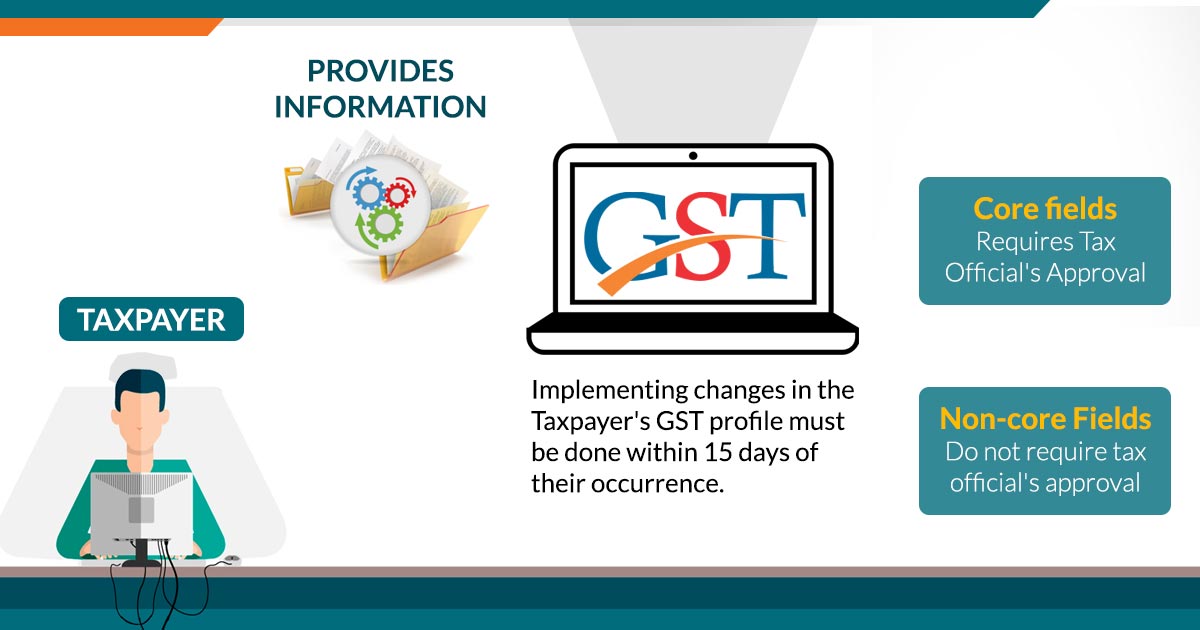Throughout: The Ultimate Roadmap to GST Registration for Services Looking For Financial Stability
Navigating the complexities of Item and Solutions Tax Obligation (GST) registration is an important step for services striving for financial stability. From comprehending the basic concepts of GST to abiding by post-registration standards, the procedure can appear daunting initially look. Nevertheless, damaging down the roadmap right into workable steps can streamline the registration trip for organizations wanting to improve their financial standing. Let's check out the vital elements that make up this utmost roadmap and find exactly how each stage adds to laying a solid foundation for financial success.
Understanding GST Essentials
Diving into the essential concepts of Goods and Solutions Tax Obligation (GST) is important for getting a comprehensive understanding of its ramifications on organizations and the economy. Input Tax Credit (ITC) is a considerable attribute of GST, allowing services to assert credit scores for tax obligations paid on inputs, reducing the general tax worry. Comprehending the essentials of GST is vital for businesses to comply with tax guidelines, handle their financial resources efficiently, and add to the country's economic development by participating in a clear tax obligation system.
Eligibility Requirements for Enrollment
To register for GST, companies need to satisfy details qualification standards developed by the federal government. The key qualification need is that any kind of business associated with the supply of goods or services with an annual accumulation turn over above the threshold limitation established by the authorities need to register for GST. Since the current regulations, the threshold limit for GST registration is a yearly accumulation turnover of 40 lakhs for businesses running within a state, besides special classification states where the limit is 20 lakhs. In addition, particular businesses are required to sign up for GST irrespective of their turn over, such as interstate providers, casual taxable individuals, and services accountable to pay tax under the reverse charge system. It is vital for services to extensively examine their turnover and deal kinds to establish their GST registration responsibilities properly. Failing to sign up for GST when eligible can cause charges and legal consequences, making it vital for companies to adhere to the defined eligibility criteria.
Records Needed for Enrollment
Having met the qualification standards for GST enrollment, organizations must now ensure they have the requisite files in area to continue with the enrollment process effectively. The documents needed for GST enrollment commonly include evidence of service constitution, such as collaboration act, registration certification, or consolidation certificate for different sorts of organizations. Furthermore, businesses need to supply records developing the primary workplace, such as a rental arrangement or electricity bill. PAN card of business, in addition to the identification and address proof of promoters/partners/directors, are vital for verification objectives. Checking account declarations, in addition to canceled cheques or a copy of the financial institution passbook, are needed to verify the financial details given throughout enrollment. Furthermore, services should have electronic signatures ready for the accredited signatory. Making certain all these papers are arranged and readily offered will certainly accelerate the GST enrollment procedure, allowing businesses to abide by tax policies seamlessly.
Step-by-Step Registration Refine
Commencing the GST registration process entails a series of organized actions to make certain a seamless and compliant enrollment for companies. The initial step is to check out the GST portal and fill in the registration type with precise details of the organization entity. Following this, the applicant receives a Temporary Recommendation Number (TRN) which is made use of to return to the application process if it's not completed in one go.
Next, all needed papers Visit Website according to the list provided by the GST portal requirement to be submitted. These papers typically include proof of organization enrollment, identification and address evidence of marketers, economic declarations, and service entity's frying pan card.

Post-Registration Conformity Guidelines

Conclusion
In conclusion, organizations seeking economic security must comprehend the essentials of GST, meet eligibility criteria, gather necessary files, follow the step-by-step registration process, and comply with post-registration standards - Best GST registration services in Singapore. By adhering to these steps, companies can make certain conformity with tax policies and maintain economic security in the lengthy run
In addition, certain services are required to register for GST regardless of their turnover, such as interstate providers, informal taxable individuals, and businesses responsible to pay tax obligation under find more the reverse charge device.Having fulfilled the qualification criteria for GST enrollment, services must currently guarantee they have the requisite files in place to proceed with the registration process successfully. The papers needed for GST registration generally include proof of company constitution, such as collaboration deed, registration certification, or unification certificate for different types of organizations. In addition, organizations need to offer papers developing the major location of company, such as a rental arrangement or electrical energy expense.Starting the GST enrollment process entails a series of organized actions to guarantee a seamless and certified registration for organizations.